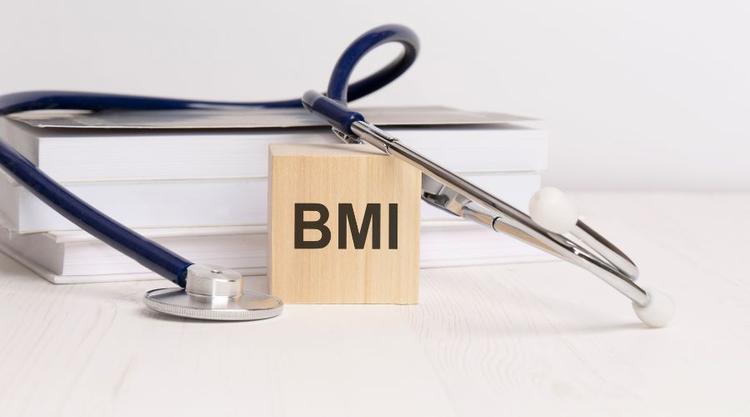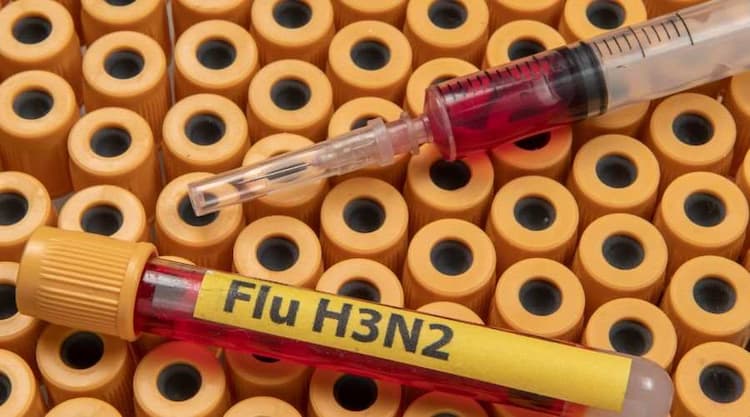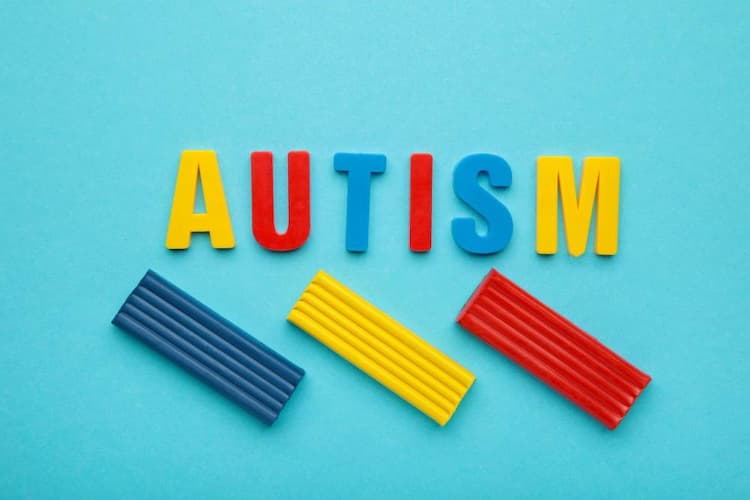What is the Role of the Brain in Reflex Action?

Medically Reviewed By
Dr. Ragiinii Sharma
Written By Meenakshi
on Jun 8, 2023
Last Edit Made By Meenakshi
on Mar 18, 2024

As a powerhouse of neural connectivity & communication, our brain is responsible for varied purposes, including coordinating our thoughts, memories & emotions. Besides, it has a significant role in our body’s automatic response. But is it linked with reflex action too? If you are also looking for the answer, this blog will help you find the fascinating link between and understand brain function better. Before delving into the role of the brain in reflex action, let’s start with the basics.
What is reflex action?
A reflex action is a rapid, immediate action triggered by external stimuli. In simple words, these are sudden responses to action without involving thinking. These automatic & sudden actions occur within a fraction of a second without conscious thought. Let’s understand it better with an example if you accidentally touch a hot pan; your hands will instinctively move away in a fraction of a second to prevent harm.
But how does this happen? Reflex actions might seem simple, but involves complex coordination between various body parts, including the brain. Let’s delve into the world of knowledge to find out.
Brain Has No Direct Role In Reflex Action:
Don’t be shocked! The brain has no direct role in a reflex action as it is an involuntary action that requires no thinking and immediate response to prevent harmful impacts. It is your spinal cord that controls and manages the reflex action. Since it doesn’t involve thinking, it is under the control of the spinal cord.
Understanding the reflex arc and its components is critical to comprehend how and what manages the reflex actions. It is a neural pathway that controls the reflexes, enabling impulsive transmission of sensory information to the spinal cord and back to the muscles or glands involved in the response. It further consists of five main components, including:
5 Main Components Of Reflex Arc Includes:
- Sensory Receptors and Stimuli: Reflex action begins with specialized sensory receptor activation in response to specific stimuli. It detects various sensory inputs like heat, pain, or pressure.
- Sensory Neurons and Spinal Cord: It transmits sensory neurons to the spinal cord, where this reflex arc is initiated. When it detects a stimulus, it generates electrical signals transmitted through sensory neurons.
- Interneurons and Brain's Role: Also called relay neurons, it processes sensory information. However, not all process requires the brain’s function, and the spinal cord can generate the appropriate response without thinking or involving brain function.
- Motor Neurons and Muscular Response: Motor neurons activate once the sensory information reaches the spinal cord. It helps carry instructions from the spinal cord to the muscles or glands involved in the reflex action.
- Brain's Influence on Reflex Actions: While the spinal cord solely manages many reflex actions, the brain can influence reflex responses based on the situation. The brain can modify the reflex action through higher cognitive processes.
Is Reflex Action Important?
Besides being automatic and spontaneous, Reflex actions hold significant importance. Here are some key benefits associated with it:
- Allow Rapid Response: One significant benefit of reflex action is that it enables immediate response to a potential threat without consciousness, helping us avoid danger or other harmful impacts.
- Acts As A Predictive Mechanism: Reflex actions are a protective mechanism that helps prevent injuries by triggering immediate responses to potentially harmful situations.
- Automatic Control: Reflex actions allow our bodies to respond immediately to specific actions automatically. It frees up our conscious mind to focus on the cognitive process.
- Neural Pathway Development: Reflex actions develops neural pathways in the brain or spinal cord. Once these pathways become efficient, they allow more coordinated responses and ensure overall brain development.
What If Reflex Actions Are Not Functioning?
The absence of reflex action can cause concern, as it may indicate issues with the nervous system. Several conditions that can disrupt the Reflex Actions are:
- Nerve Damage: Damage to the peripheral nerve damage or spinal cord injury can impair normal Reflex Actions and can lead to more trouble.
- Neurological Disorders: Some neurological disorders can disrupt the coordination between the brain, spinal cord, and muscles, leading to impaired reflex actions.
- Developmental Issues: The absence of reflex action, especially during development age, usually indicate developmental issues or neurological abnormalities.
- Spinal Cord Compression: Spinal stenosis or herniated discs are some conditions that can compress the spinal cord and impair reflex actions.
If you suspect that your reflex actions are absent or not functioning as they should, it is advisable to consult with a healthcare practitioner. They may evaluate your symptoms, suggest necessary diagnostic tests for accurate diagnosis, and suggest preventive measures and treatments depending on the specific conditions. Redcliffe Labs is the diagnostic center you can count on for all your requirements related to diagnostic services.
The working of reflex actions is crucial as it allows our bodies to respond to potential threats. Their non-functioning can affect our ability to protect ourselves from potential threats.
Conclusion:
The brain's role in reflex action is complex and multi-faced, and the spinal cord is primarily coordinated with it. Besides being automatic responses, reflexes rely on a complex network of neural pathways involving the brain, sensory receptors, spinal cord, and motor neurons. By comprehending the brain's role in reflex actions, we gain a deeper appreciation for the intricate workings of our bodies and the importance of these automatic responses.



